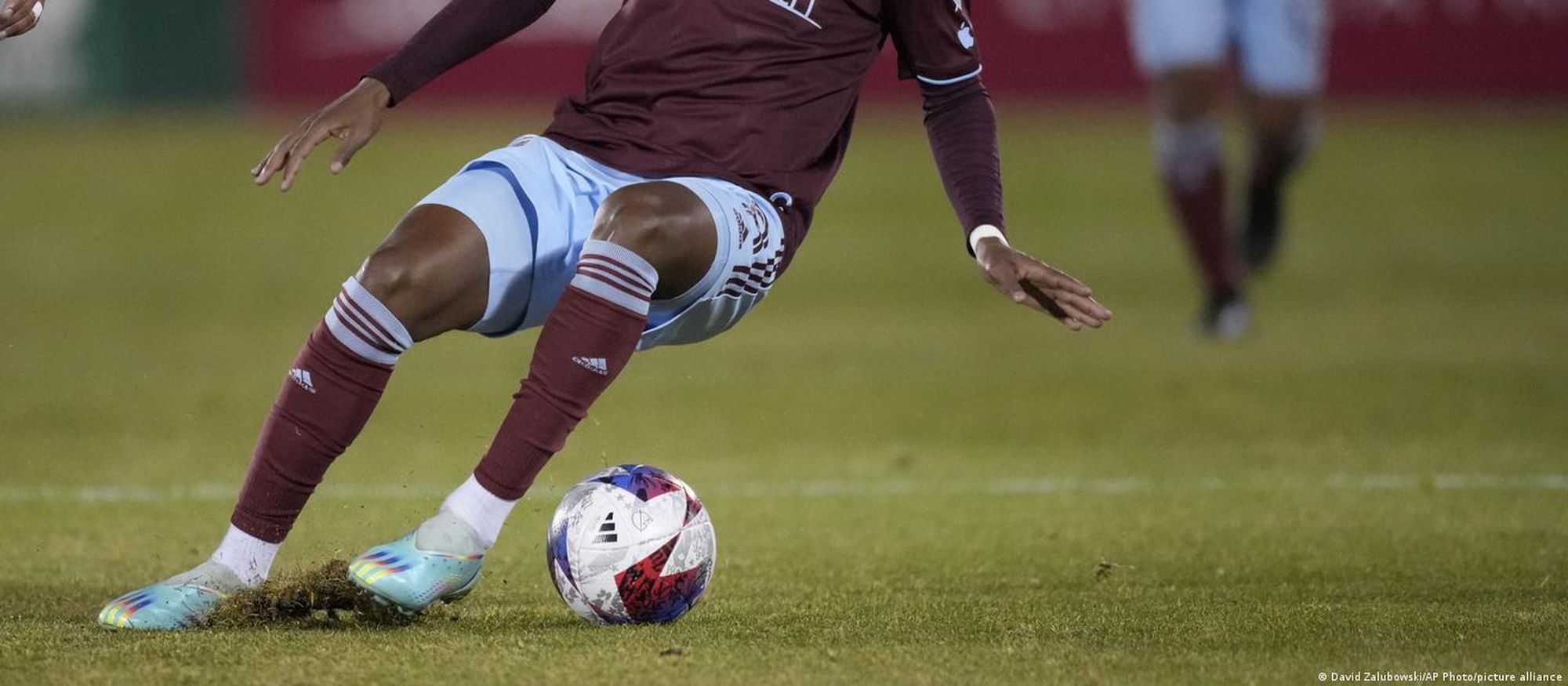In a bland, cold courtroom on Monday, another football career likely ended.
The Court of Sports Justice of Rio Grande do Sul in southern Brazil suspended Nikolas Farias, a player with the club Novo Hamburgo, for 720 days. Realistically, this marks the end of the defensive midfielder’s career.
Finding his way back into the sport after two years without match experience will be next to impossible.
Added to that, Farias, who has bounced from club to club over the last five years, must pay a fine of 80,000 reais (about US$ 17,240).
Payoff for a penalty
The court found Farias guilty of deliberately fouling a player in the penalty area of a league match just hours after assuring a bettor he would do exactly that.
Neither Farias, nor his lawyer, appeared at the trial, although it would have been interesting to hear the professional player’s testimony.
Novo Hamburgo had no club representative at the proceedings either, according to the newspaper O Globo. The southern Brazilian club had terminated Farias’ contract and apparently wanted nothing more to do with him.
Low-income players from lower leagues
The case of Nikolas Farias is symptomatic of the manner in which Brazilian football is dealing with the nation’s betting scandal, which makes new headlines almost every day. Clubs rarely comment and the federation is more or less in hiding. Players with low salaries in Brazil’s lower leagues, who apparently wanted to supplement their salaries, are most affected.
According to previous findings, players have, for example, provoked penalties or red cards in games on which bets were placed – and later received payouts. Or they placed bets themselves under someone else’s name. Beyond the lower leagues, however, investigators are turning their attention to games in the second and first divisions.
General distrust
Historian Derê Gomes from the University of the State of Rio de Janeiro (UERJ) sees difficult times ahead for the relationship between players and fans.
“This scandal has already generated general distrust between fans and players of their favorite teams, especially among players from lower-league teams who pay lower salaries,” he said.
A foul throw may now no longer be regarded as a one-off mistake; suspicion is voiced that the player in question may be receiving a payout for conceding possession.
“Only once this scandal has been fully cleared up and the players involved have been punished can there be a healthy relationship of trust between players and fans again,” says Gomes.
Parliamentary committee wants to clear it up
Brazilian politicians have now promised to investigate the betting scandal – already the biggest in the history of Brazilian football. Felipe Carreras, who is heading the parliamentary inquiry into the betting allegations, says: “We want to shed light on this scandal.”
It’s not only a matter of uncovering the layers of this corrupt system, Carreras says, but also of making an example of those involved, punishing them and bringing forward legislation to curb this kind of crime.
“We will act to put an end to this scourge in all leagues and, if necessary, in other sports as well,” he insists.
Dearth of bookmaking regulation
Outside politics and the sports judiciary, historian Gomes sees a lack of regulation on bookmakers as a concern.
It has “allowed the exponential growth of dozens of companies in this sector, which today even represent the majority of club sponsors.”
In addition, most of Brazil’s football players, far from the big stages and glitzy clubs like Flamengo or Santos, are poorly paid. In the lower echelons, some players live on the edge of the subsistence level. “The financial situation for players and referees has facilitated recruitment for cheating,” says Gomes.
According to recent data from the Brazilian Football Confederation (CBF), 80% of employed professional players receive a salary of up to 1,000 reais (about US$ 215) per year. Those who have a family to support at home may find it easier to consider immoral financial offers.
“The CBF must be held accountable here,” says Gomes, adding that the federation does too little or nothing at all for the development of a necessary economic balance, “and this, despite the fact that this great national passion moves billions of reais.”
DW











